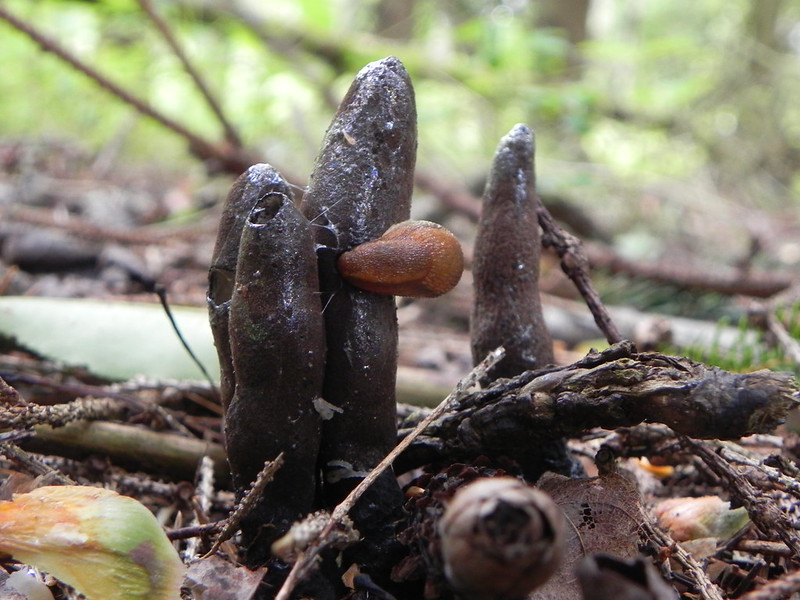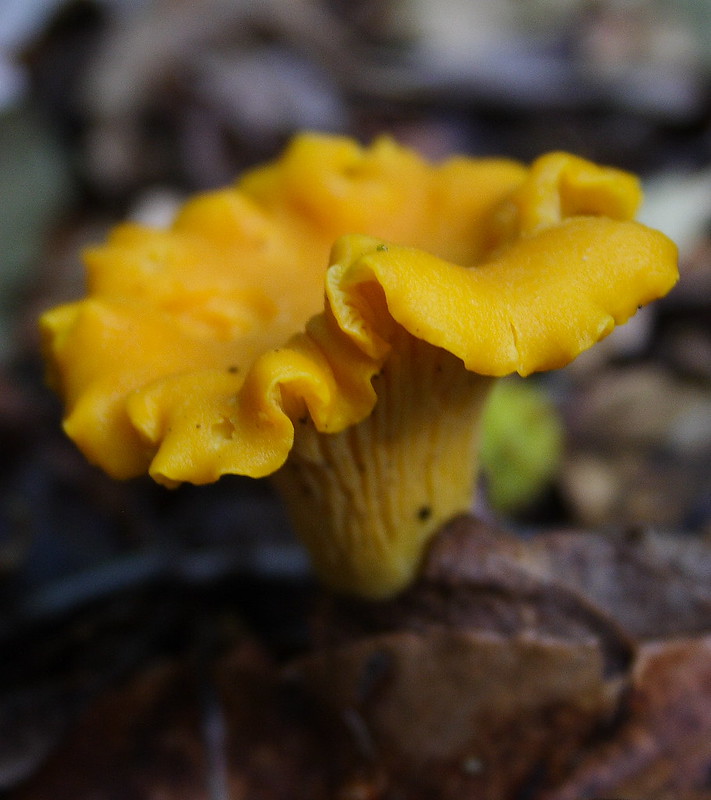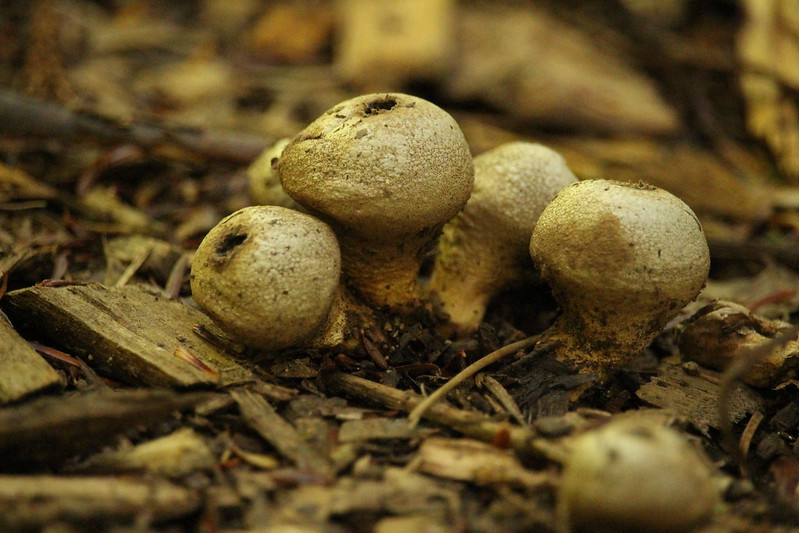‘Tis the season of death, or at least a long rest, in nature. The trees are bare, the grass has stopped growing, and the stems of plants brown, shriveled, and lifeless. Many in New York find the season dreary and mundane. Yet we are all guilty of not realizing how important this time of year truly is for our natural world.
The leaves fall off the trees, the snow buries them, and in the spring they are nowhere to be found. What happened? We know it is not a magical event but instead an incredibly important scientific one. Decomposition has occurred. It is the stage where the recycling of nutrients happens and new life is created from old. Detritivores are the culprits behind decomposition. Often considered the bottom feeders in any food web, detritivores, break down dead tissues of plants and animals into simpler organic forms. These are all of the organisms we humans deem “gross” or “undesirable.” Beetles, flies, maggots, slugs, snails, millipedes, earthworms are all magicians behind decomposition; converting dead plant and animal material into useable organic matter for the next year.

Fungi are one of my favorite decomposers. The layer of dead leaves on the ground is a feast for our fungus friends. Their hyphae, or white thread filaments, begin to dissolve the leaves’ molecules and convert them into nourishment for the fungus. It begins spreading through the piles of leaves, breaking them down as they advance. The leaves of our deciduous tree friends break down quickly, their cellular structure being less complex. The damp, wet ground will help the fungi make them disappear by spring while pine needles are much tougher and will take longer for fungi to break down.
As these fungi transform these complex compounds into simpler ones, they are releasing the carbon that was inside, back into the atmosphere. This carbon cycle is what drives all life on Earth. Not only is carbon released, but there is nitrogen, phosphorus and a dozen others released back into soil giving new life excellent ingredients to grow and prosper. Their efficiency is mostly determined by the presence of water; fungi are found in dark damp areas on the forest floor and under leaves.

One of my favorite fungi are the puffballs. They enjoy growing in the leaf litter on the ground. They sometimes resemble and upside down pear. When they are mature, a small hole is located at the top of their cap. This is where the spores are able to puff out. They are quite resilient; relying on animals (including humans) to step on them without knowing and releasing their spores for them. I remember the first time I saw a puffball out on a hike. Not knowing its mode of dispersal, I was so surprised and began to laugh when this small mushroom “puffed” at me. Whenever I see one now, I make sure to give it a small puff. Through my research, I have learned there are giant puffballs that exist; I sure hope I come across one someday! They like to decompose wood and dead tree roots but have also historically been used to dress wounds and could be turned into ink after being burned.
Fungi and the entire decomposition process is incredibly important and necessary for all life on Earth. We may not see it happen directly, but when we look closely, there are signs of it happening all around us. A short hike at Audubon and you will find many fungi, detritivores, and the plants and animals they are decomposing. Without this relationship, we would end up with countless dead plant and animal bodies surrounding us. I am so grateful for decomposers. Although we find the process sometimes unsettling, it is also beautiful. Nothing in nature goes to waste when you have a fungi around!
Audubon Community Nature Center builds and nurtures connections between people and nature. ACNC is located just east of Route 62 between Warren and Jamestown. The trails are open from dawn to dusk as is Liberty, the Bald Eagle. The Nature Center is open from 10 a.m. until 4:30 p.m. daily except Sunday when it opens at 1 p.m. More information can be found online at auduboncnc.org or by calling (716) 569-2345.


Recent Comments